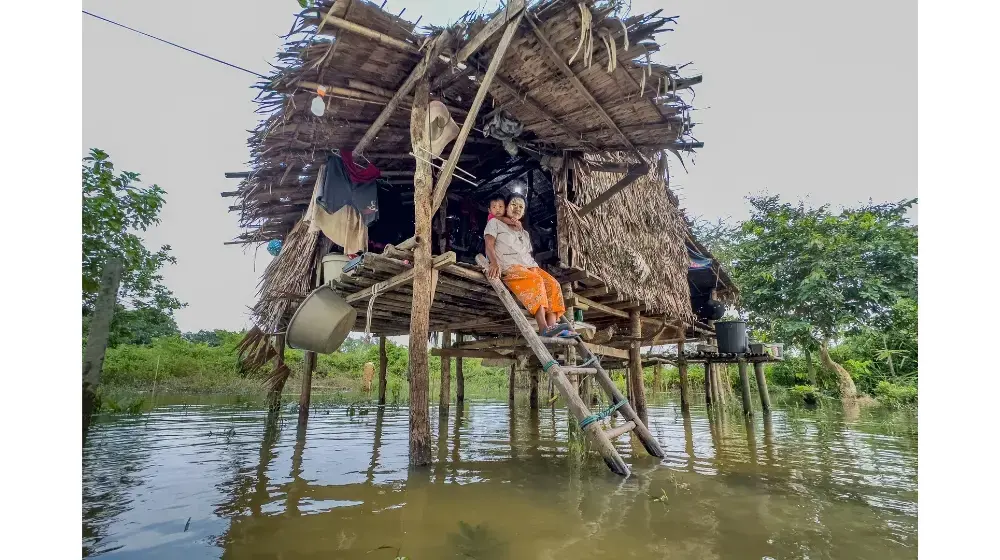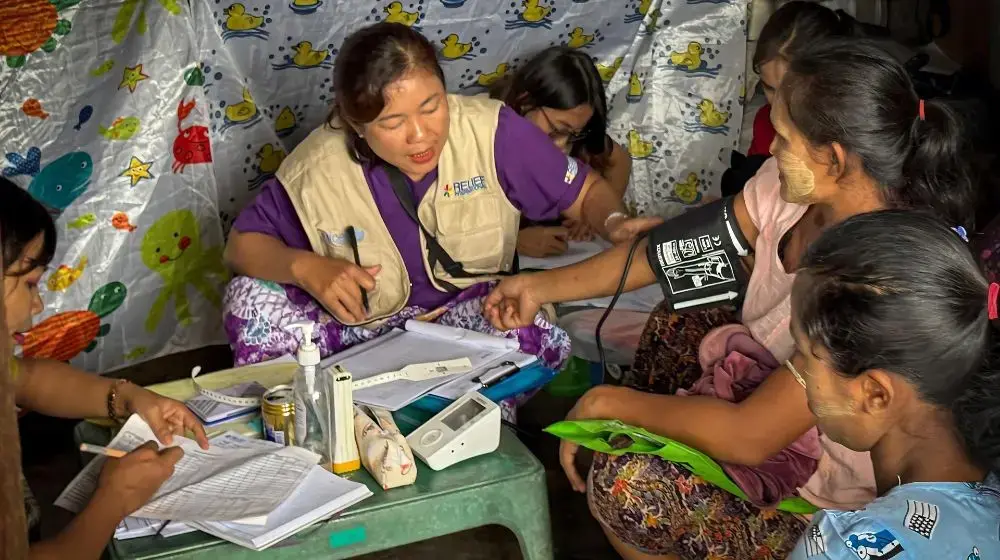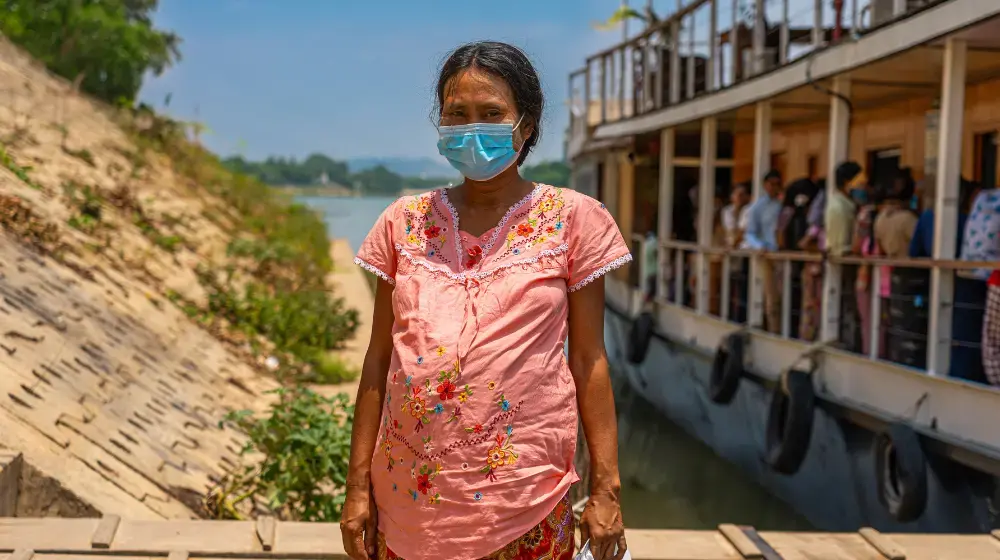
Nay Pyi Taw, Myanmar - The Government of Myanmar was congratulated today by developing partners for its renewed pledge to promote availability and voluntary use of modern contraceptive for women who wish to defer, delay or avoid getting pregnant, as well as bolster its support to the international Family Planning Initiative at a press conference held in Nay Pyi Taw on 15 November 2013.
H. E. Dr Thein Thein Htay, Deputy Minister of Health and H.E. U Ko Ko Latt, Myanmar’s Ambassador to Kuwait reiterated Myanmar’s firm commitment on behalf of Myanmar’s President H.E. Thein Sein to reduce unmet needs for contraception and increase contraceptive prevalence rates to 50% by 2015 in the margins of the global Family Planning 2020 conference, which is taking place in Addis Ababa, Ethiopia. In Myanmar, this means ensuring that an estimate of 900,000 women of reproductive age in the next 7 years have access to family planning or birth spacing as it is commonly referred to in Myanmar.
The United Nations Populations Fund (UNFPA), together with the Myanmar Maternal and Child Welfare Association (MMCWA), USAID, DFID/UKAID, Population Services International (PSI) and Marie Stopes International (MSI) and IPPF applauded the announcement and said they look forward to further strengthening their strong relationship with the Government of Myanmar in their national efforts to reach the goal of providing easy available access to family planning, safe birth spacing, post natal care and sexual and reproductive health.
Myanmar first committed itself in the wake of a landmark Summit on Family Planning 2020 (FP2020) which was launched on 11 July 2012 in London, UK. At the Summit Heads of State and Government pledged to reduce unmet need for family planning/birth spacing across the globe. The FP2020 initiative is a global partnership that supports the rights of women and girls to decide, freely, and for themselves, whether, when, and how many children they want to have. FP2020 works with governments, civil society, multi-lateral organizations, donors, the private sector, and the research and development community to enable 120 million more women and girls to use contraceptives by 2020.
Nearly 1.8 million women of reproductive health age, about one fourth of Myanmar women of reproductive age, do not currently meet their needs for family planning although they have said they would like to practice contraception. In Myanmar the total fertility rate is about 2 children per woman and fertility among married women are 4.7 children per woman. At present only 39.5% of reproductive aged women are able to access modern methods of contraception that enable them to practice voluntary family planning. However, the unmet need for contraception has increased from 17.7% to 24.2% during the period 2007 to 2010. More than half of women of all ages in 2007 (52.8%) had never been married.
In Myanmar maternal mortality is estimated at 200 per 100,000 live births. Long term contraceptive methods are not easily available. Those barriers compounded with financial constraints lead to unwanted pregnancies and unsafe abortions. Complications of abortions are one of the leading causes of maternal deaths.
The decision to be part of FP2020 will therefore impact greatly on women of reproductive age will therefore impact greatly on women of reproductive age and young people to have choices, in contraception and their ability to fulfill their potential, and Myanmar’s prospect for sustainable development.




